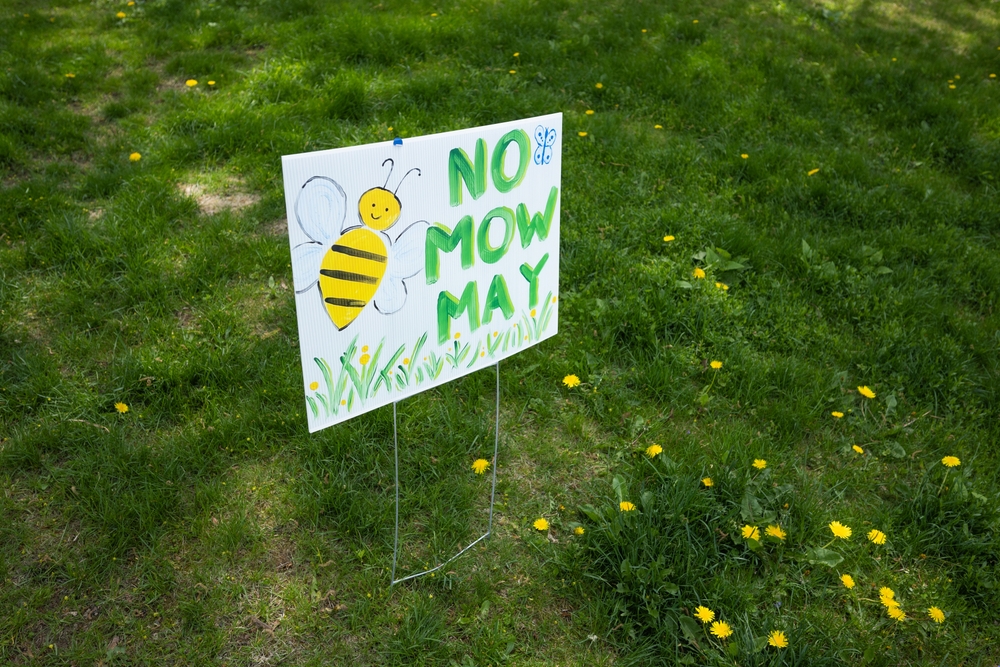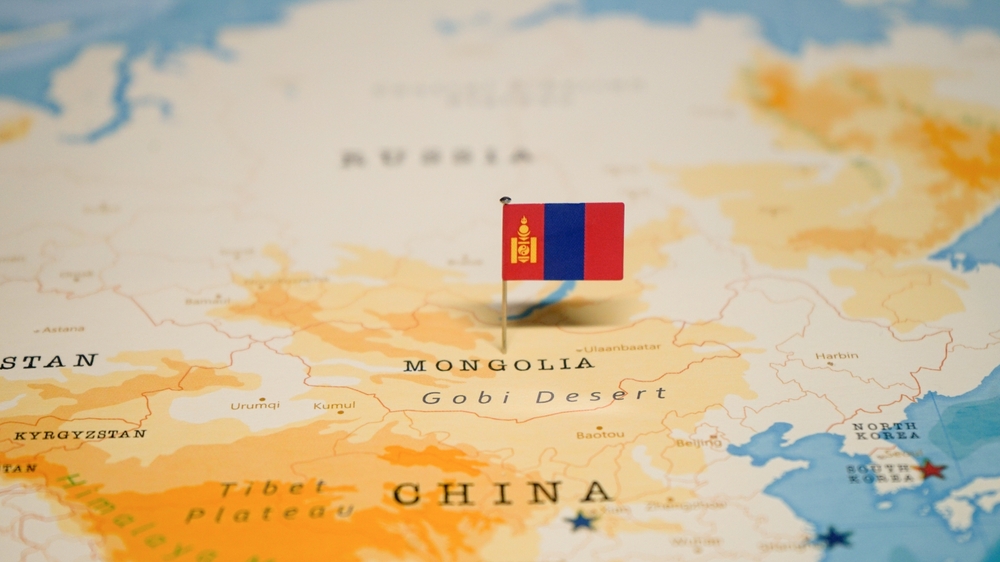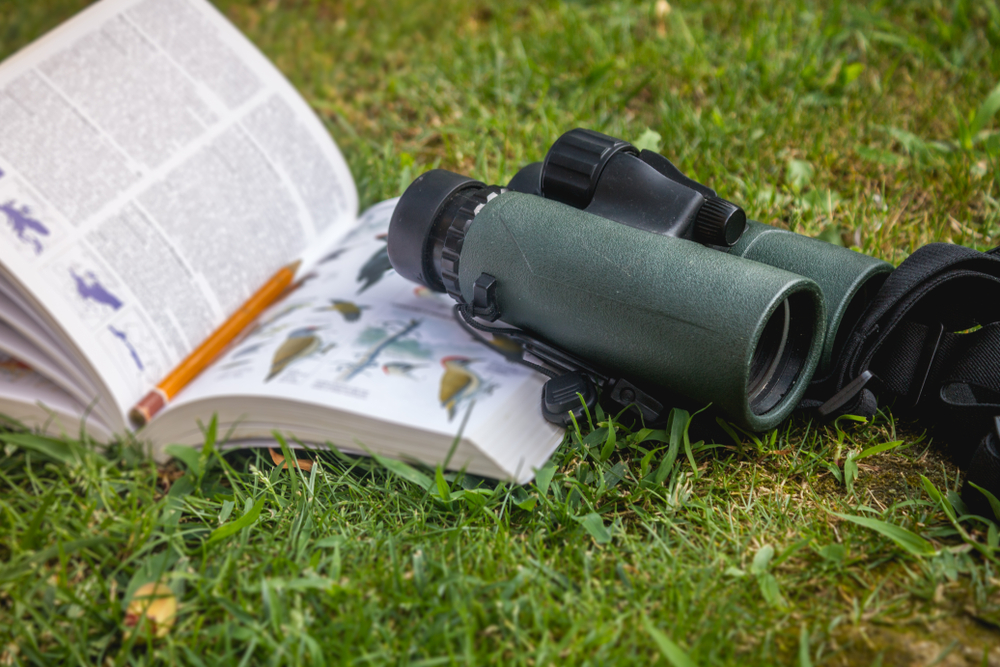Marco Visscher | August 2009 issue
Does laughter have a socio-political impact?
“For ages, comedy has been used as a liberating tool for people, especially in oppressive regimes, to confront, ridicule and criticize the powerful.”
For example?
“I lived in South Africa at the end of the apartheid regime, when the black majority had no political or economic power. They only had symbolic power, which they exercised through humor. I experienced that when I joined a political protest and the police arrested everyone. With hundreds of men, I ended up in a small jail cell. It was an astonishing experience, a very real manifestation of how laughter can set people free. These South Africans with no power at all were caged, but they were telling jokes and performing dances, transforming their confinement into a carnival of freedom.”
Humor didn’t end apartheid, though.
“No, but humor helped provide the unstoppable energy of the movement against apartheid, as it typically does for any struggle for justice. Humor is one of the animating forces that keeps the spirit alive when things look bleak. It’s an indestructible force that I also saw in Lithuania, where I lived in the early 1990s, when it became independent from the Soviet Union, and in Bali, where I continue to do research on how comedy is used by the Hindu minority as a survival tactic in the world’s largest Muslim nation.”
What about the power of laughter in societies that are already free?
“Humor is more powerful in dire situations, but there’s oppression and disaster, too, in our modern societies. I work with people in prison, to whom performing comedy means more than it does to others. And I never forget how I began my study of laughter. When I was in pre-medical school, I was trying to help a child with autism who never made eye contact and who never spoke, [except to] repeat words spoken to him. My comical, silly, joking gestures broke though a barrier and he started looking in my eyes and initiating words. That’s when I knew I would not learn how to make people laugh in medical school. I decided to become a circus clown.”












